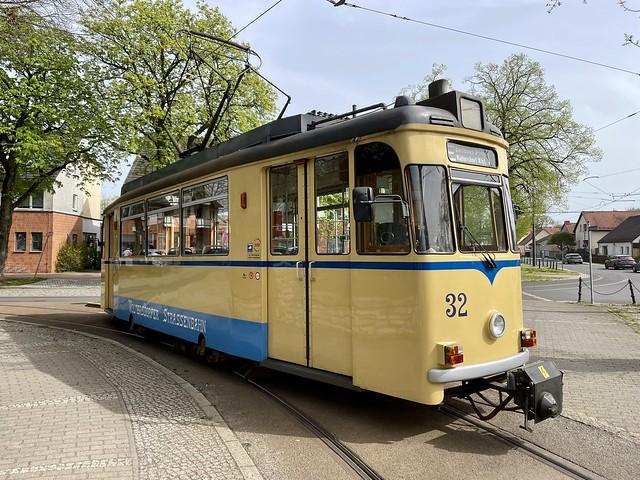Berga
Overview
Historical Significance
Berga, a charming city nestled in the heart of Thuringia, Germany, boasts a rich tapestry of history that dates back to the early medieval period. The city is particularly notable for its proximity to the ancient trade routes that once crisscrossed the region. The remnants of its storied past can be seen in its architecture and urban layout, with buildings that reflect various styles from the Gothic to the Renaissance. One of the most striking historical sites is the St. Peter's Church, a magnificent example of Gothic architecture that stands as a testament to Berga's significance during the Middle Ages.
Cultural Atmosphere
The cultural atmosphere in Berga is vibrant and welcoming, characterized by a blend of traditional Thuringian customs and modern influences. The city is known for its various festivals throughout the year, such as the lively Berga Christmas Market, which draws visitors from near and far to experience the enchanting holiday spirit, complete with local crafts, delicious food, and festive music. The annual Summer Festival is another highlight, showcasing local artisans, live performances, and culinary delights that celebrate the rich flavors of Thuringian cuisine, including the famous Thüringer Bratwurst.
Natural Beauty
Surrounded by the picturesque landscapes of the Thuringian Forest, Berga offers a stunning backdrop for nature lovers. The expansive green spaces, rolling hills, and dense woodlands invite travelers to explore hiking and biking trails that meander through unspoiled nature. The nearby Thuringian Forest Nature Park is a popular destination for outdoor enthusiasts, with opportunities for birdwatching, picnicking, and even winter sports in the colder months. The scenic beauty of the area adds to the city's charm, providing a serene escape from the hustle and bustle of urban life.
Local Characteristics
Berga's local characteristics are defined by its friendly community and a deep appreciation for heritage. The city has managed to maintain its small-town charm while integrating modern conveniences. Strolling through its cobblestone streets, visitors will discover quaint cafes, artisanal shops, and local markets that showcase Thuringian craftsmanship. The Berga Museum offers insight into the city’s history and cultural heritage, featuring exhibitions that highlight local traditions, historical artifacts, and artistic contributions from the region.
Gastronomic Delights
Food is an integral part of Berga's identity, with many local restaurants and eateries serving traditional Thuringian dishes that are sure to please the palate. Don't miss the opportunity to taste Thüringer Klöße (potato dumplings) and the renowned Thüringer Bratwurst, often enjoyed with a side of sauerkraut. Pairing these delights with a local beer or a glass of Thuringian wine crafted from the nearby vineyards will enhance your culinary experience. The city’s gastronomic offerings reflect a harmonious blend of tradition and innovation, making dining in Berga a memorable experience.
Community and Arts
Art and community engagement are thriving in Berga, with numerous local artists contributing to the city’s cultural landscape. Art galleries and studios can be found throughout the city, showcasing everything from contemporary pieces to traditional crafts. Regular workshops and community events encourage participation and foster a sense of belonging among residents and visitors alike. The Berga Cultural Center often hosts performances, exhibitions, and film screenings, providing a platform for both local talent and international artists, making it a hub for cultural exchange.
In essence, Berga is a hidden gem in Thuringia, where history, culture, and natural beauty intertwine to create a unique and inviting destination. Whether you're exploring its historical sites, indulging in local cuisine, or immersing yourself in the vibrant community, Berga promises an enriching experience for every traveler.
Other towns or cities you may like in Germany
Explore other cities that share similar charm and attractions.



